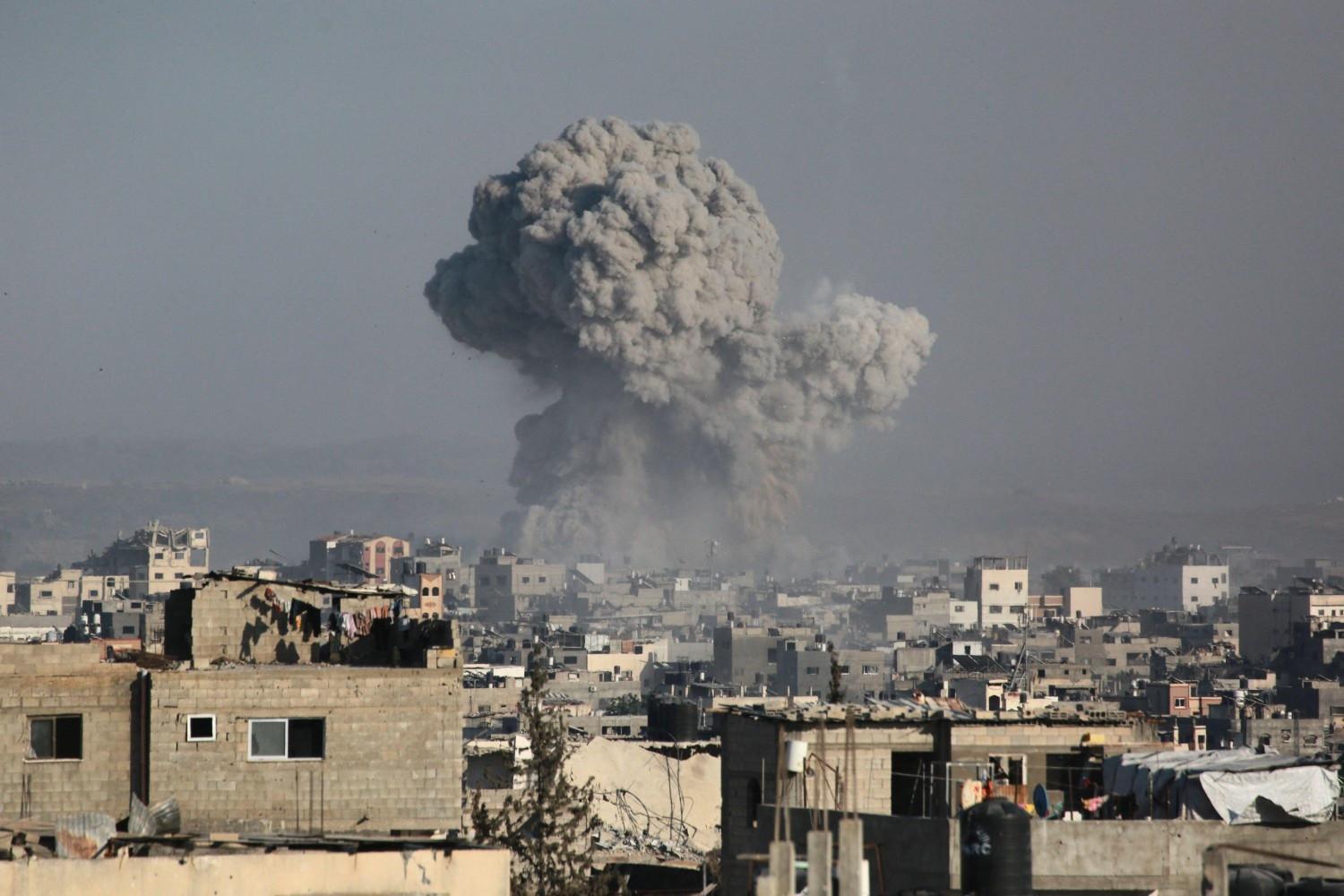
Israel is preparing to mobilize around 60,000 reservists for an upcoming offensive in Gaza City, as Defense Minister Israel Katz on Aug. 20 approved military’s operational plans for the conquest of Gaza City, according to sources.
The call-up orders, set to begin on Aug. 20, will be implemented in stages. The largest wave of deployment, involving roughly 40,000–50,000 reservists, is scheduled for Sept. 2, Israeli media said, citing the military sources.
Additional deployments are expected in November and December, with a final wave slated for February and March in 2026.
These reinforcements come on top of the tens of thousands of reservists already serving. The Israeli Defense Forces also confirmed it would extend the active duty of around 20,000 reservists currently deployed by an additional 30–40 days, raising the total number of personnel engaged in the campaign to approximately 130,000 at peak strength.
The upcoming operation in Gaza City has been designated “Gideon’s Chariots B,” a continuation of a previous campaign that secured about 75 percent of the strip in an effort to pressure Hamas into a hostage agreement.
It remains unclear when the operation will begin, but it could be a matter of days, according to the media.
The planned offensive, first announced earlier this month, has heightened international condemnation of Israel and fueled fears of another mass displacement among Palestinians.
Israeli Prime Minister Benjamin Netanyahu said on Aug. 9 that it would span parts of Gaza City and the central camps. Hundreds of thousands of displaced people are sheltering in the city and it holds some of the last remnants of critical infrastructure.
The call-up comes as a growing campaign of exhausted reservists is accusing the government of perpetuating the war for political reasons and failing to bring home the remaining hostages.
The families of the hostages and former army and intelligence chiefs have also expressed opposition to the expanded operation in Gaza City. Most of the families of the hostages want an immediate ceasefire and worry an expanded assault could imperil bringing the 50 hostages still in Gaza home. Israel believes that 20 are still alive.
Meanwhile, Israel approved another controversial plan on Aug. 20 to construct a settlement project in the occupied West Bank that would effectively cut the territory in two.
Settlement development in E1, an open tract of land east of Jerusalem, has been under consideration for more than two decades, but was frozen due to U.S. pressure during previous administrations.
The international community overwhelmingly considers Israeli settlement construction in the West Bank to be illegal and an obstacle to peace.
Far-right Finance Minister Bezalel Smotrich, a former settler leader, cast the approval as a rebuke to Western countries that announced their plans to recognize a Palestinian state in recent weeks.
“The Palestinian state is being erased from the table not with slogans but with actions,” he said on Aug. 20.
“Every settlement, every neighborhood, every housing unit is another nail in the coffin of this dangerous idea.”